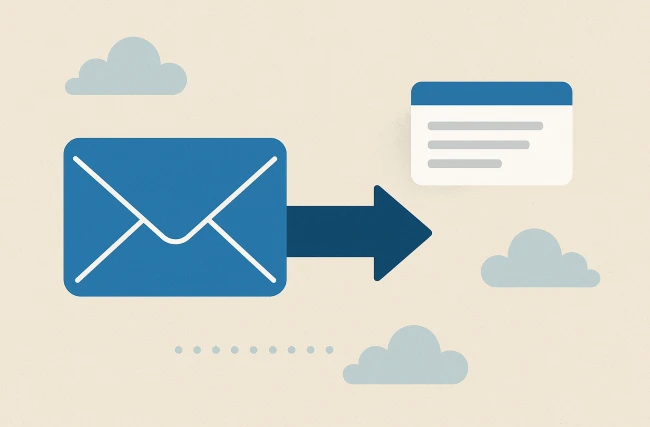In a world where digital threats are becoming more sophisticated, businesses can no longer afford to treat data protection as an afterthought. Whether you’re a startup or a large enterprise, having a robust backup and compliance strategy is essential. Not just for safeguarding your data, but also for maintaining trust, avoiding fines, and ensuring business continuity.
The Reality: It’s Not If, But When
Data loss isn’t a matter of if, it’s when. From ransomware attacks and hardware failures to accidental deletions and natural disasters, there are countless ways your business could lose critical data.
The question is: when that inevitable moment comes, will your business be ready?
Backups: Your Safety Net in a Crisis
Think of backups as your business’s insurance policy. A strong backup strategy ensures that your data is regularly copied and stored in secure, redundant environments. Whether that’s onsite, in the cloud, or ideally, both.
Here’s what a good backup strategy should include:
- Automated backups to reduce human error and ensure consistency.
- Multiple backup locations (local + cloud) to protect against physical damage or local network breaches.
- Regular testing to ensure backups are actually working and restorable.
- Encryption and access controls to keep backup data secure from unauthorised access.
Backups won’t prevent a data loss incident. However they will make sure your recovery is fast, seamless, and minimally disruptive.
Compliance: More Than Just Checking Boxes
If backups are your safety net, compliance is your compass. Regulatory frameworks like GDPR, HIPAA, PCI DSS, and others are designed to protect both consumers and businesses by enforcing responsible data handling practices.
Non-compliance can lead to:
- Hefty fines that cripple your budget.
- Legal repercussions that damage your reputation.
- Loss of customer trust, which can be harder to recover than any piece of data.
Compliance isn’t just about avoiding penalties, it’s about building a foundation of trust. It shows your customers, partners, and stakeholders that you take data privacy and security seriously.
The Intersection: Where Backups Meet Compliance
Here’s the kicker: many compliance regulations require reliable data backup practices. For example, under GDPR, organisations must be able to restore the availability of and access to personal data in a timely manner in the event of an incident. In other words, your backup strategy is directly tied to your compliance posture.
Make sure your backups are:
- Compliant with regional and industry standards (think retention policies, encryption, and audit logs).
- Documented and traceable, to provide evidence during audits.
- Integrated into your broader risk management strategy.
Final Thoughts: Don’t Wait for a Wake-Up Call
Too many businesses realise the importance of backups and compliance after an incident happens. Don’t be one of them. Proactively investing in these areas isn’t just about protecting data, it’s about protecting your future.
Start today. Review your backup protocols. Audit your compliance posture. Bring in the right tools and experts if you need to. The cost of prevention is always less than the cost of recovery.




